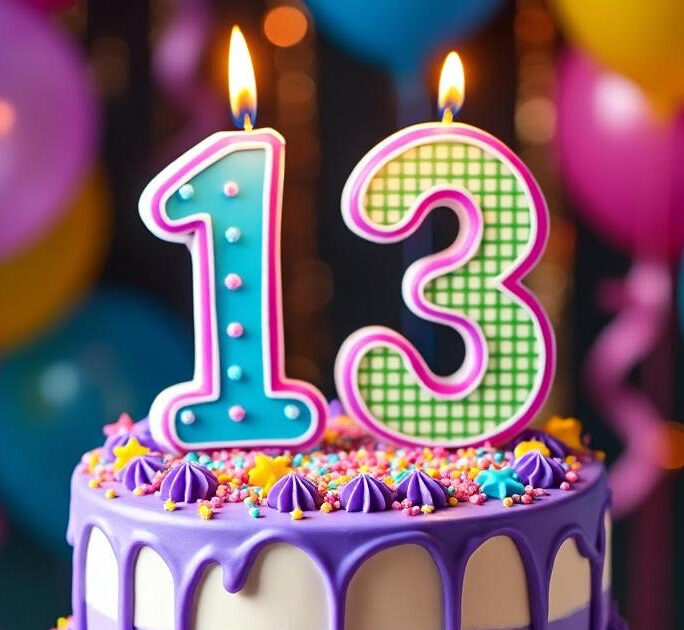Recently, dispensaries have become more and more popular across Texas. Dispensaries carry a legal form of marijuana that is called tetrahydrocannabinolic acid, or THCA. This legal form of plant differs from tetrahydrocannabinol, commonly known as THC. THCA is a non-psychoactive compound that does not itself produce a “high” when consumed in its raw form, but is known for a variety of therapeutic benefits.
What is THC?
Tetrahydrocannabinol, or THC, is the primary psychoactive compound found in the cannabis plant. It is responsible for the “high” associated with marijuana use. THC interacts with the endocannabinoid system, which can influence various physiological and psychological effects.
The Effects of THC include:
1. Euphoria: THC can produce feelings of happiness and relaxation.
2. Altered Perception: Users may experience changes in sensory perception, such as enhanced taste or appreciation of music.
3. Increased Appetite: Commonly referred to as “the munchies,” THC can stimulate hunger.
4. Pain Relief: Many use THC for its analgesic properties to manage chronic pain.
5. Anxiety and Stress Reduction: Some individuals use THC to alleviate anxiety and stress, although it can produce increased anxiety in certain users.
What is THCA?

THCA is a naturally occurring cannabinoid found in the cannabis plant, specifically in the raw and unheated forms of the plant. This non-psychoactive compound is overshadowed by its more famous counterpart, THC, but THCA is gaining recognition as cannabis continues to gain acceptance around the world for its medicinal and recreational uses.
How Does THCA Work?
To understand THCA better, it’s vital to grasp its chemical structure. It has a carboxylic acid group within its structure, which is responsible for its acidity. This unique property is what differentiates THCA from THC.
THCA interacts with the body’s cannabinoid receptors more subtly. It is a precursor to THC. When exposed to heat through smoking, it undergoes a process called decarboxylation, wherein it loses a carboxylic acid group and converts into THC. While THC is known for its psychoactive properties, THCA itself does not produce a “high” when consumed in its raw form.
Also, THCA may have anti-inflammatory and neuroprotective properties. By doing this, it may help regulate the beneficial effects of cannabis without inducing a high and its potential for therapeutic benefits. This means THCA has the potential to be a part of holistic management strategies.
Benefits of THCA
As research unfolds, THCA is being studied for a variety of therapeutic benefits:
1. Anti-Inflammatory Properties:
One of the most promising areas of THCA research is its anti-inflammatory potential. Studies indicate that THCA may help reduce inflammation in conditions like arthritis and other inflammatory diseases.
2. Nausea Reduction:
THCA may play a role in alleviating symptoms of nausea and vomiting, making it an appealing option for patients undergoing treatments like chemotherapy.
3. Immune System Regulation:
Research indicates that THCA may help modulate the immune response, potentially assisting individuals with autoimmune disorders.
4. Appetite Stimulation:
Like THC, THCA may stimulate appetite, providing benefits for people struggling with conditions that suppress hunger.
5. Anti-Cancer Properties:
Emerging research suggests that THCA, along with other cannabinoids, might have anti-cancer effects, inhibiting the growth of cancer cells in certain studies. However, more extensive research is required in this area to establish any concrete benefits.

Conclusion:
THCA is a precursor to THC. It has various therapeutic benefits without the psychoactive effects associated with its counterpart, THC. While THC and THCA are closely related, they differ significantly in their chemical structures and effects on the body. THC is recognized for its psychoactive effects and therapeutic benefits, while THCA is valued for its non-psychoactive properties and promising therapeutic potential. Understanding these differences can help individuals make informed choices based on their preferences.
What is THCA? https://www.webmd.com/mental-health/addiction/what-is-thca
Why is THCa addictive https://www.hanleycenter.org/what-is-thca/
Did you enjoy this article? Download my new self-help eBook: Normalizing Giving Up on People

You can also check out Awkward Relationships Short Story Collection Vol. II Click here to Download

More about The Write Genius Click Here









